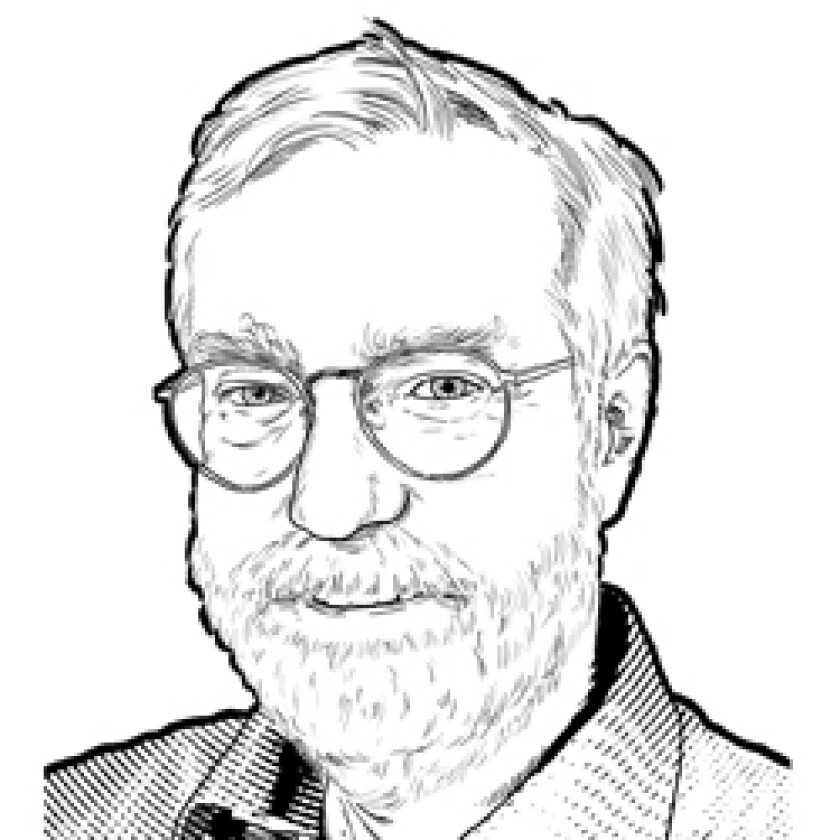Today we can see the biggest opportunity that the poorest countries have ever faced. The opportunity is the natural resources that will be extracted over the next decade. If properly captured and used it will be transformative. We all know that prices have gone up a lot and although that rising trend has probably peaked, prices are likely to stay high for the next decade.
The main part of the story is what is happening quantitatively. Compare an average square kilometre of subsoil land in Africa with an average square kilometre in Africa. Underneath the OECD are natural resources worth $300,000/km yet underneath Africa the figure is just $60,000/km. The reason for the discrepancy is these are figures for known subsoil assets. Africa is the last frontier for asset discovery. If history repeats itself this will be a huge missed opportunity so the challenge is to work out how to change history. The challenge is to harness these assets for rapid and sustained development.
In development related to natural resources, government has to be central. I believe there is a chain of decisions that governments should go through to successfully harness the potential offered by natural resources. There are five links in this chain. The first is managing the discovery process as that is one reason why natural resource extraction in Africa has gone so drastically wrong. Without any rules you get the economics of the Gold Rush: long periods of neglect but when someone makes a discovery too many people starting searching. As discoveries happen, these reveal information and that should be captured by governments, which should rights off gradually as new discoveries raise the revenues available.
The next step is a system of taxation. Governments can tax profits, royalties or equity participation. My own personal view is that taxing royalties makes a lot of sense. You can tax what you can observe and it is easy for companies to conceal profits through transfer pricing while equity participation can lead to massive discrepancies.
The third step is dealing with people in the area of natural resource extraction. The challenge is that people will see the economic costs but not the benefits. This can lead to anger that turns into violence and finally demands for ownership. It is important at all costs to stop this discussion of ownership. The best way forward is to spread the benefits of ownership across the whole country. The variation of natural resource allocation between African nations is bad enough already without making it worse. The challenge is to set up credible commitments to manage the economic costs and the allocation of revenues. What should be offered to citizens is full credible participation for the whole nation and equal participation in the benefits. That will help deflect illegitimate demands for local ownership.
The fourth step is to decide on the balance between consuming and saving the revenues generated. Some economists have argued for a “bird in the hand” approach under which you take the revenues, put them in a savings pot and spend the revenues that generates. This is too cautious as it is ridiculous to imagine that having made a discovery that all that a low income African country has is one year’s revenue. The better way of thinking about it is as a right to present and future citizens and therefore using the revenues in a way that passes on benefits to the future. The revenues have to be used in a way that future generations would say ‘that’s fine by us’.”
The final step is the use of the resources that are spent. What excites finance ministers in developing countries most is Norway. Its decision to establish a sovereign wealth fund to manage its oil revenues is seen as the prudent option. Actually it makes no sense for a low income country in Africa. Norway has the highest level of assets per worker. It only established its sovereign wealth fund years after it found oil – Norway did not “do Norway” until it was rich. Low income countries should build their capacity to invest. There are three aspects to doing so. Countries should improve the investment capacity of the private sector because a lot of returns on investment come from private sector investments. Governments should ensure they carry out public investment well. Finally they should act to lower the unit cost of capital goods, both equipment and structures, which are currently high in Africa.
The political challenge is to get that chain right, not just once but repeatedly for generations. We are trying to set out the whole decision chain as principles in our Natural Resource Charter. Any set of principles has to have legitimacy. They can both inform governments and help build a critical mass of citizens. There is no substitute for informed governments and informed citizens. Governments can build the rules and citizens defend them.
Paul Collier is Director of the Centre for the Study of African Economies and Professor of Economics at the University of Oxford. His most recent book is The Plundered Planet (Oxford University Press).
